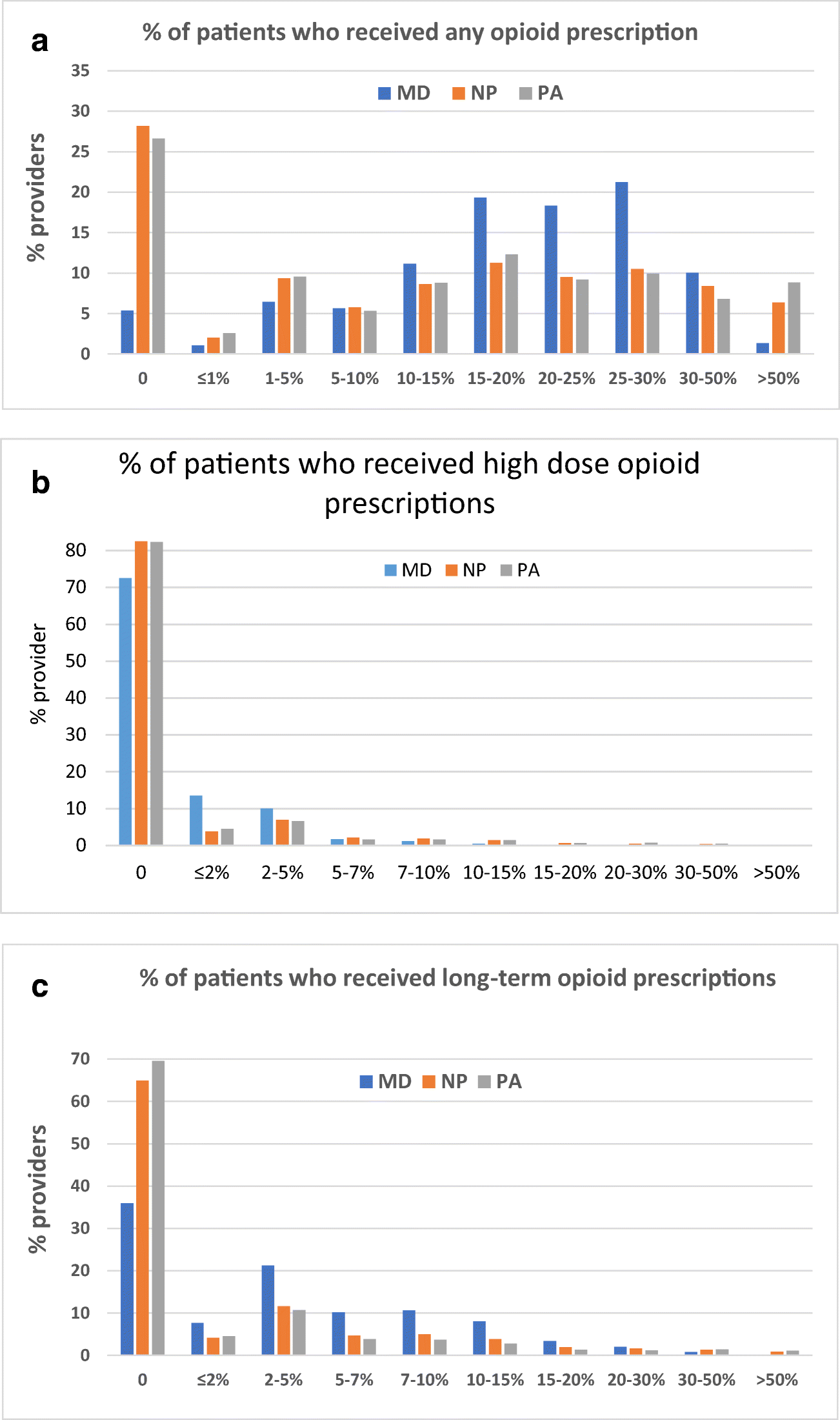- Joined
- Feb 10, 2008
- Messages
- 8,226
- Reaction score
- 8,611
Varies by patient and presentation of course, but I think the standard emerged because old-school psychoanalysis set an outrageously high opening bid. Amazed we have come down as much as we have from 1-2 hours 3x/week.
I often feel like my therapy sessions are maybe 15-20 minutes of actual content with another 20-30 of random chit-chat (i.e. "rapport building"), patients venting despite efforts to redirect, or me asking questions of questionable clinical utility in the vague hope of yielding grist for the mill. Maybe I'm just bad at this, but based on my conversations with others I doubt my experience is unique. Quite a few protocols I feel like could be condensed to 20-30 minutes. I actually think with technology integration we could get there. I'm not a big fan of standalone "therapy apps" despite doing some work in that area, but I think using apps (and similar tools) combined with shorter traditional sessions has substantial promise.
There will always be the occasional patient who genuinely needs more time to understand concepts and the like. I don't have the data to back it up, but I genuinely believe a good portion of a typical therapy session is just filler.
Yes, absolutely! That's why I loved PCMHI, I excelled at the 20-30 min sessions.



